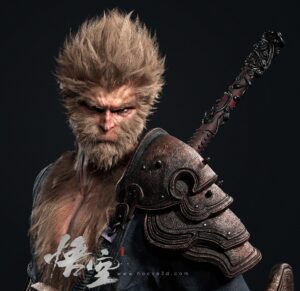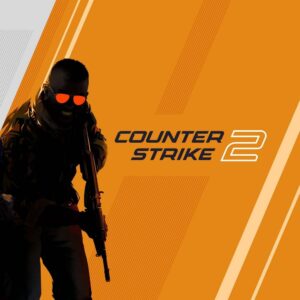The Reassurance from Masato Yagi: ‘Everyone’s Pouring Their Hearts and Souls Into This’
Popular Now
 God of War Ragnarök
God of War Ragnarök
 Gacha Club
Gacha Club
 Minecraft
Minecraft
 The Legend of Zelda
The Legend of Zelda
 Poppy Playtime
Poppy Playtime
 Brawl Stars
Brawl Stars
 Candy Crush Saga
Candy Crush Saga
 Fall Guys
Fall Guys
 CarX Street
CarX Street
 Roblox
Roblox
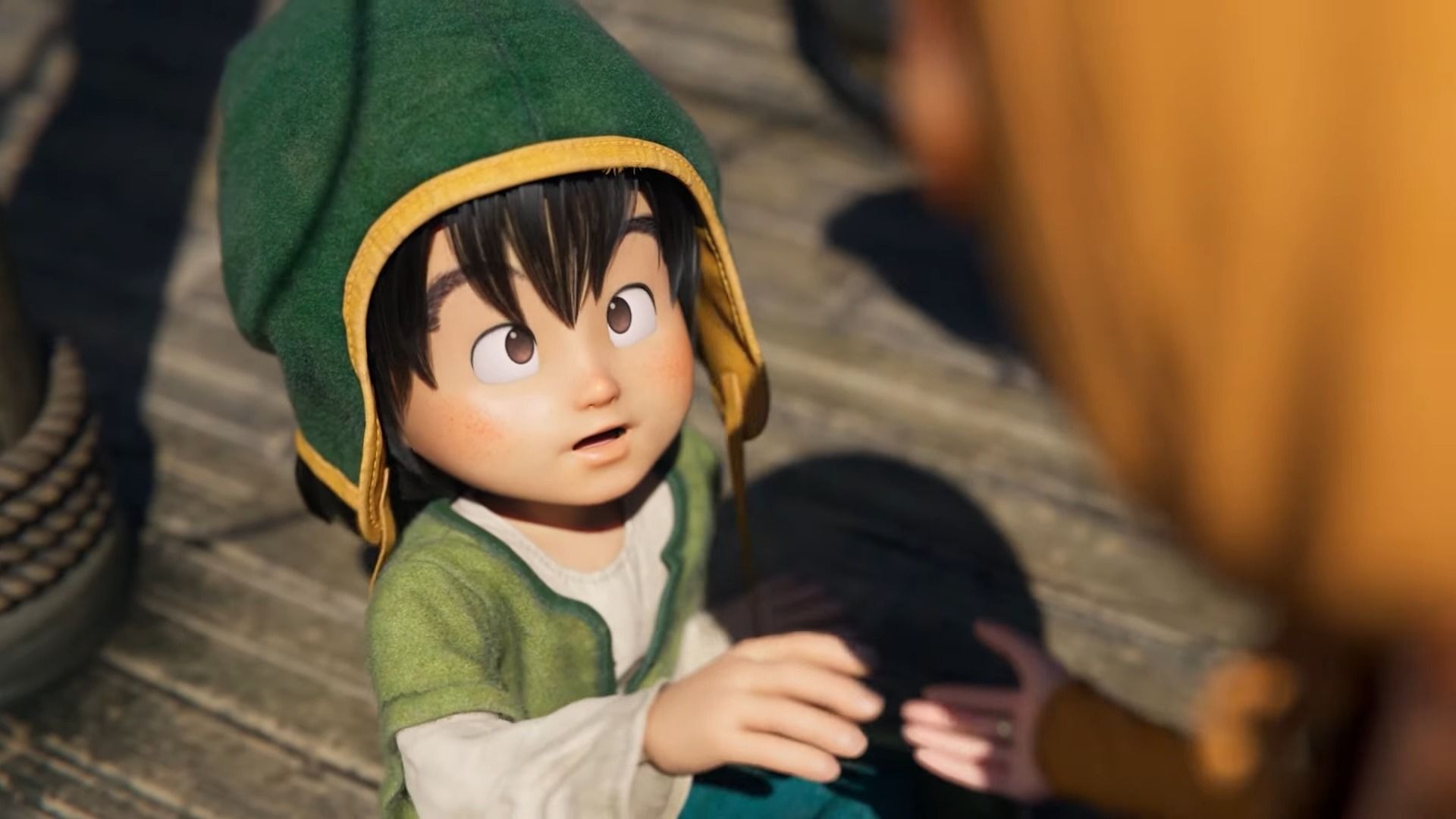
Following the surprise and relatively swift announcement of Dragon Quest VII Reimagined, the full 3D remake of the classic PlayStation 1 and Nintendo 3DS JRPG, a vocal segment of the fan community expressed concerns. The rapid unveiling—with a release date set for February 5, 2026, hot on the heels of the first HD-2D remakes—prompted speculation that the project was being hurried. This anxiety was largely tied to the prolonged silence surrounding the next mainline entry, Dragon Quest XII: The Flames of Fate, with some fans worrying that Reimagined was a “lazy project” designed solely to fill a major gap in Square Enix’s highly-anticipated release schedule.
In a direct and unequivocal response, Masato Yagi, the director of Dragon Quest VII Reimagined, took to social media to quell the burgeoning fears. His statement offered a much-needed dose of confidence for fans investing in the classic’s return.
“We’re not rushing production at the last minute. Everyone’s pouring their hearts and souls into this. I just want to make sure that much is understood. Also, I’m not trying to say ‘we’re working hard so don’t complain.’ Please don’t misunderstand.”
The director’s words emphasize a focus on quality and dedication, pushing back against the narrative of a quick-fix title. For an iconic JRPG franchise like Dragon Quest, maintaining fan trust regarding the quality of major releases is paramount, especially as the series makes significant strides toward modern console standards.
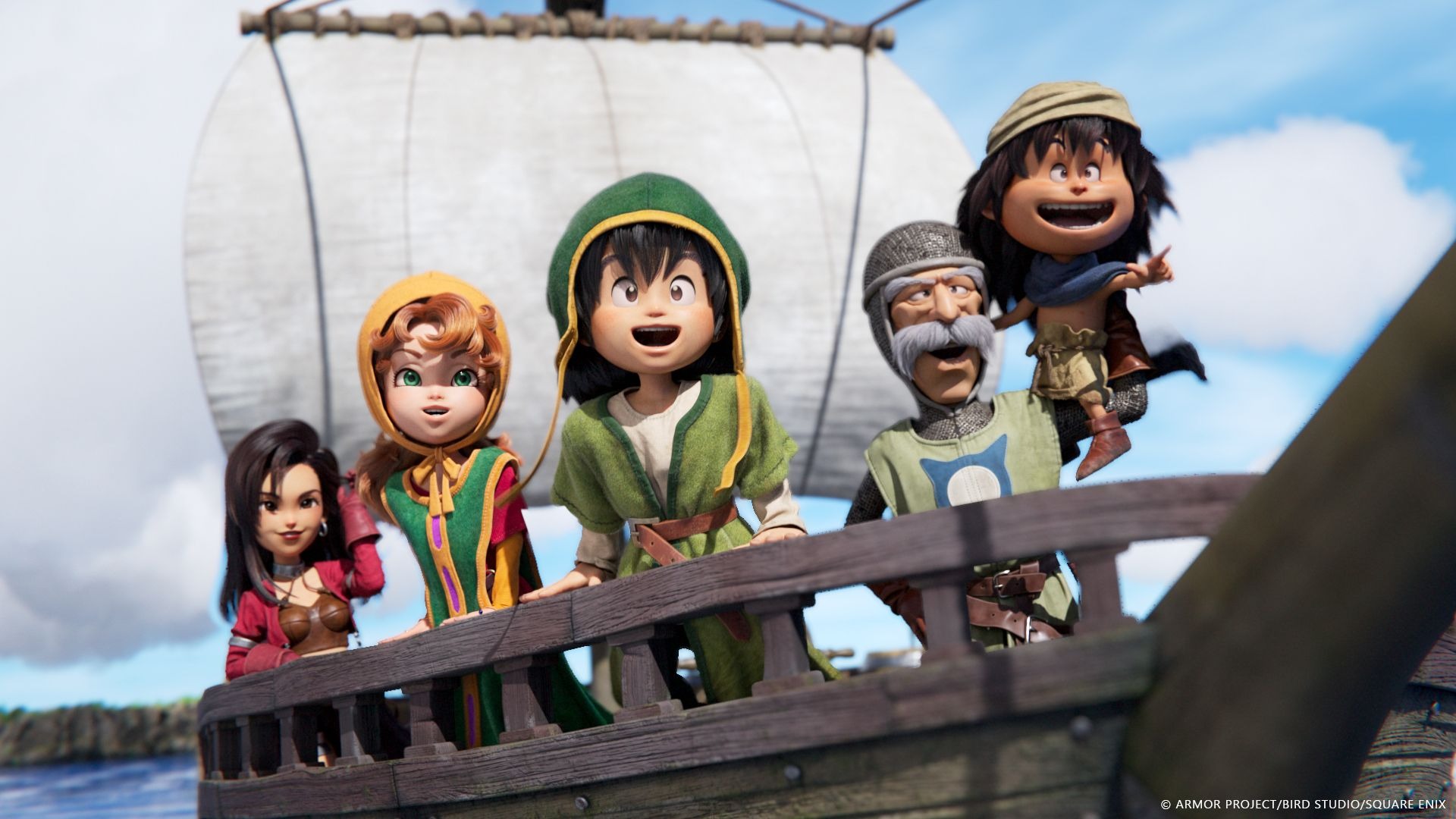 The Core of Fan Anxiety: The Dragon Quest XII Void
The Core of Fan Anxiety: The Dragon Quest XII Void
The online discourse is fundamentally fueled by the years of near-total radio silence on Dragon Quest XII: The Flames of Fate. Announced in 2021, the game has been slated for a darker tone and a revised battle system, marking a significant evolution for the series. However, updates have been few and far between, leading to the collective apprehension that its development is facing major setbacks.
The juxtaposition of DQ12’s prolonged absence with the fast-tracked release of DQVII Reimagined has naturally created a pressure point among the global JRPG community. Fans see the quick turnaround of a massive Square Enix project like DQVII and question the internal priorities, particularly given the recent organizational restructuring within the publisher to focus on “quality over quantity.”
A ‘Reimagined’ Approach: Streamlining a JRPG Epic
The development team’s stated approach to Dragon Quest VII Reimagined provides critical context that may explain the project’s seemingly rapid development cycle. The original Dragon Quest VII: Fragments of the Forgotten Past (PS1) was infamous for its colossal length, often criticized for its slow, non-linear progression and a notoriously lengthy “tutorial” segment. The 2013 Nintendo 3DS remake already streamlined the experience significantly, a process the new Reimagined version is reportedly taking even further.
Square Enix has confirmed several key changes for the 2026 release:
- The original game’s bloated story is being cut, specifically removing “subplots that have little or no direct relevance” to the main quest.
- New scenarios are being added, suggesting a selective, quality-focused re-edit rather than a direct, unedited port.
- The new, fully 3D, diorama-like art style offers a fresh visual take, moving beyond the HD-2D style of the forthcoming DQ III remake.
These revisions are not simply visual upgrades; they represent a fundamental commitment to improving the game’s pacing and accessibility. For new players and veterans who found the original 100+ hour RPG daunting, this streamlined approach is a major selling point. It suggests that a significant portion of the development time was dedicated to meticulous re-scripting and restructuring, rather than building the entire game from scratch, potentially contributing to the earlier-than-expected release date. This focus on streamlined progression aligns with modern game design principles for large-scale narrative RPGs.
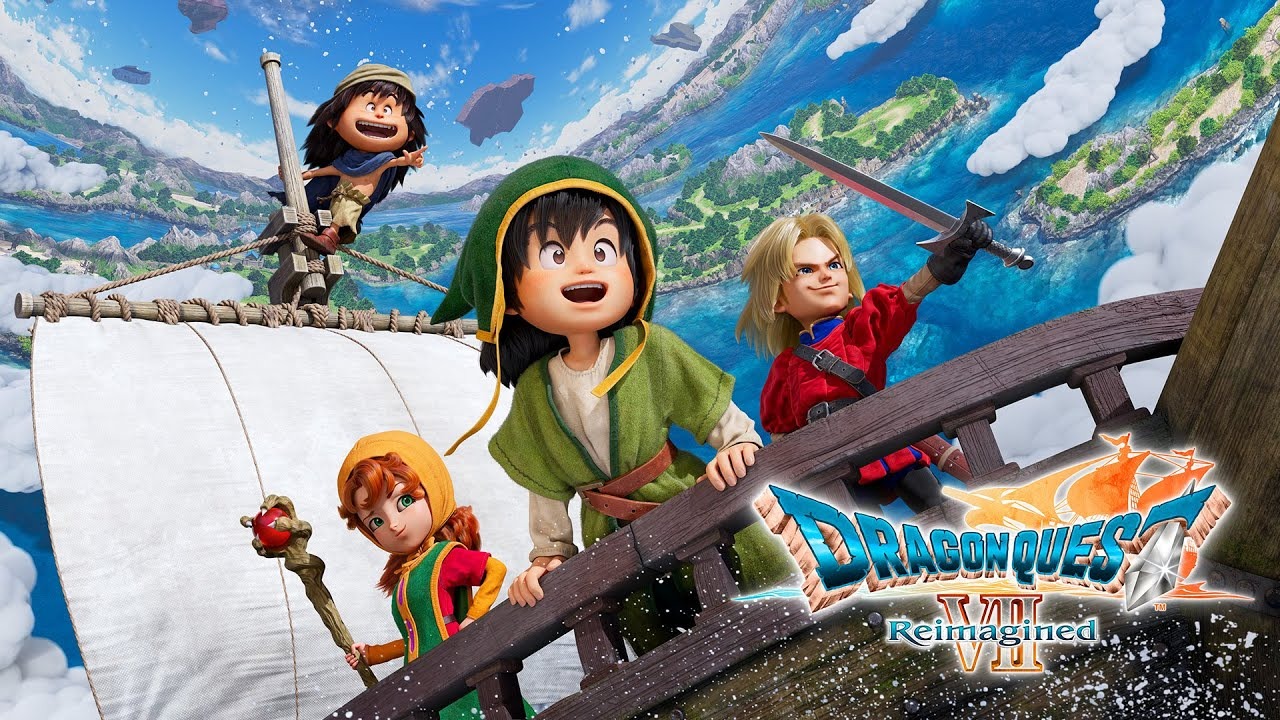 Development Synergy and Technical Foundation
Development Synergy and Technical Foundation
Intriguing information from the development front further suggests that Dragon Quest VII Reimagined is not a mere gap-filler but a strategic project. Reports indicate that HexaDrive, a studio involved in the development of Dragon Quest XII, is also co-developing DQVII Reimagined alongside Orca (known for DQXI). This co-development setup suggests a synergy of development resources—the DQVII project could potentially serve as a training ground or a testing platform for new art styles, combat system elements, or Unreal Engine 5 pipeline workflows that are intended for the next-gen JRPG Dragon Quest XII.
The shared expertise and technical foundations across these projects would allow for a more efficient transfer of knowledge and assets, contradicting the notion of a ‘rushed’ project built in isolation. Instead, this indicates a well-planned schedule designed to keep the Dragon Quest pipeline active and engaged with both classic re-interpretations and groundbreaking new entries. The fact that the series creator, Yuji Horii, has assured fans that DQ12 is still being worked on—with the new title promising to be “great”—further contextualizes the DQVII remake as a high-quality installment meant to satisfy the immediate demand for a major turn-based RPG experience.
What This Means for the Future of the Dragon Quest Franchise
The director’s defense of Dragon Quest VII Reimagined underscores a crucial period for the franchise and Square Enix. By delivering a high-quality, modernized version of a complex classic, the company can both monetize its deep catalogue and manage fan expectations while the mammoth project that is Dragon Quest XII continues development.
The release of DQVII Reimagined on February 5, 2026, across Nintendo Switch 2, PS5, Xbox Series X|S, and PC, is set to be a major event in the 2026 gaming calendar. It acts as a vital bridge, keeping the Dragon Quest name at the forefront of the industry. Fans should take heart in Director Yagi’s assurance: the “hearts and souls” being poured into this remake guarantee a dedicated and professional development effort, ensuring the JRPG classic receives the meticulous, high-budget treatment it deserves, irrespective of the separate timeline for The Flames of Fate.
Final Thoughts: Quality Assurance in the Console Wars
The message is clear: in the highly competitive video game industry, a beloved franchise’s reputation is everything. Square Enix is strategically using the DQVII remake to showcase technical skill and commitment to quality, a move designed to build confidence in their overall JRPG strategy and provide a substantive, polished experience. The director’s statement is not just about one game; it is an important public assurance of the integrity and quality control guiding all major Dragon Quest releases.
The Core Features of Dragon Quest VII Reimagined: What to Expect
- Bold New Visuals: A fully 3D, diorama-style aesthetic, distinct from the HD-2D remakes, offering a fresh perspective on Akira Toriyama’s iconic character designs.
- Streamlined Narrative: Cuts to extraneous subplots to improve pacing and accessibility, addressing a common critique of the original title.
- New Scenarios: The addition of entirely new content to enrich the core narrative and reward veteran players.
- Multiplatform Launch: Simultaneous release on PS5, Xbox Series X|S, Nintendo Switch/Switch 2, and PC for maximum player access.
- Modernized Mechanics: Rumors point to a refined job system and potential quality-of-life improvements inherited from later entries in the series.
The dedication of the team, as highlighted by Director Yagi, positions Dragon Quest VII Reimagined not as a placeholder, but as a must-play JRPG that honors the legacy of the Dragon Quest saga.


